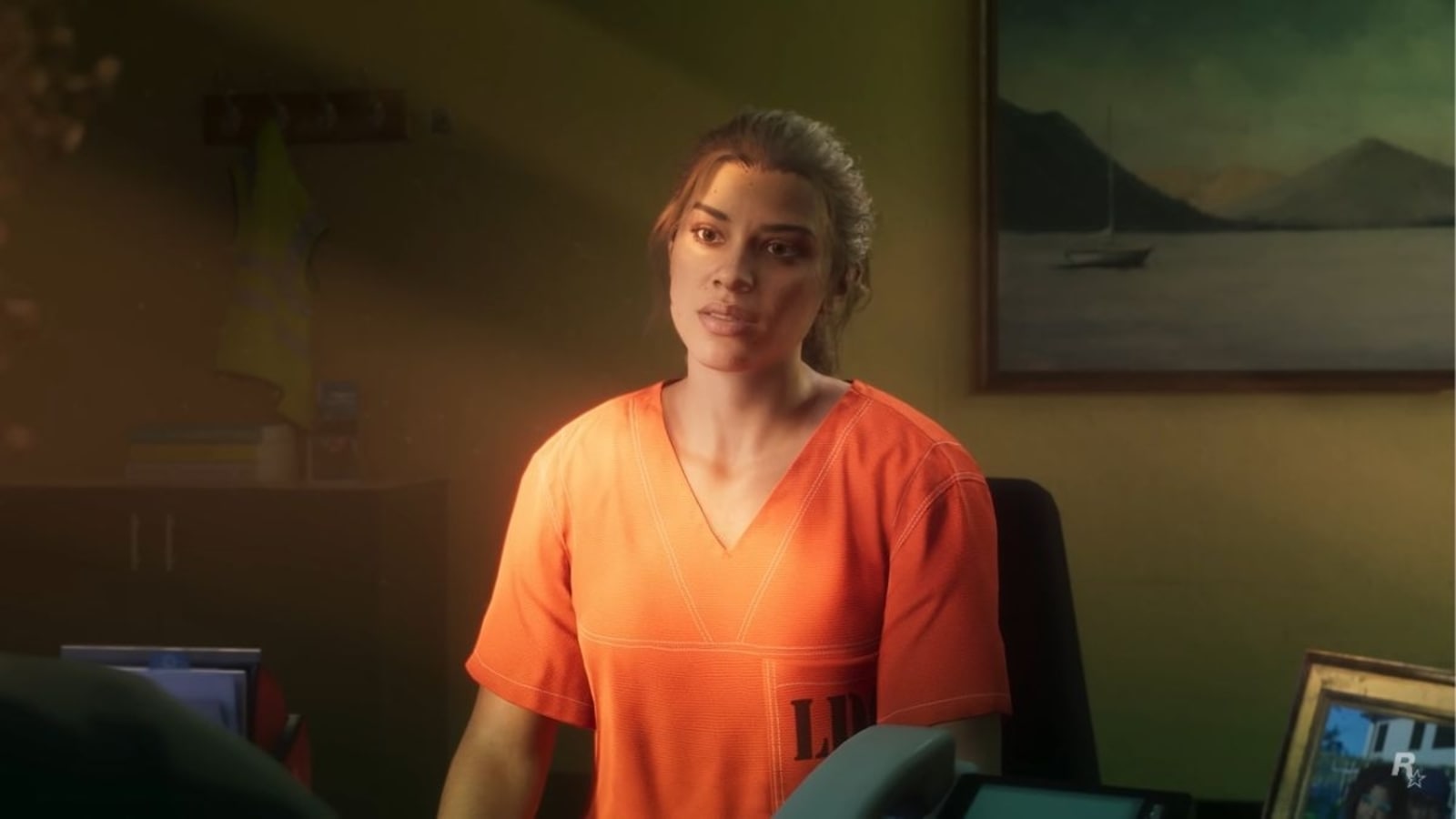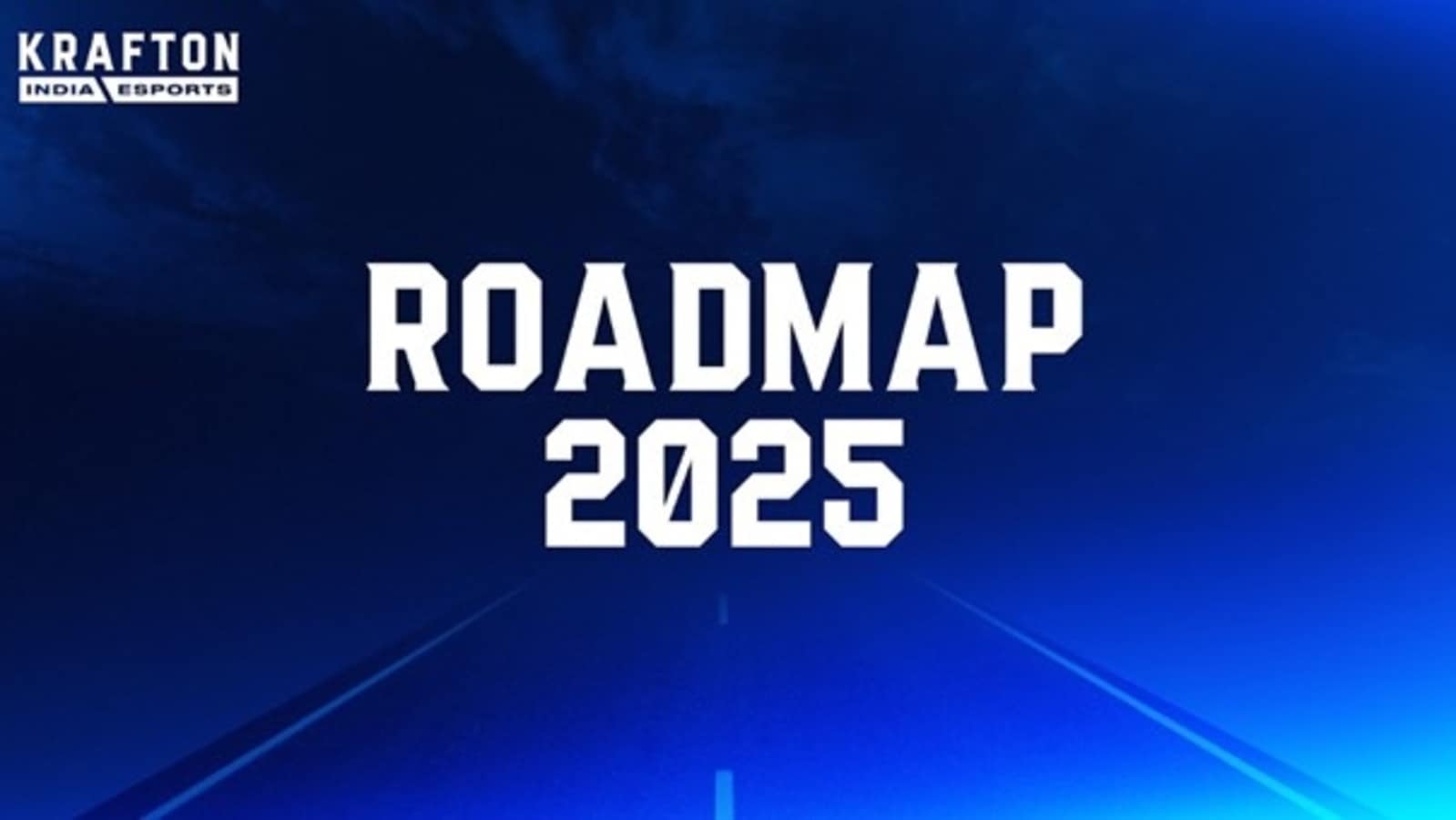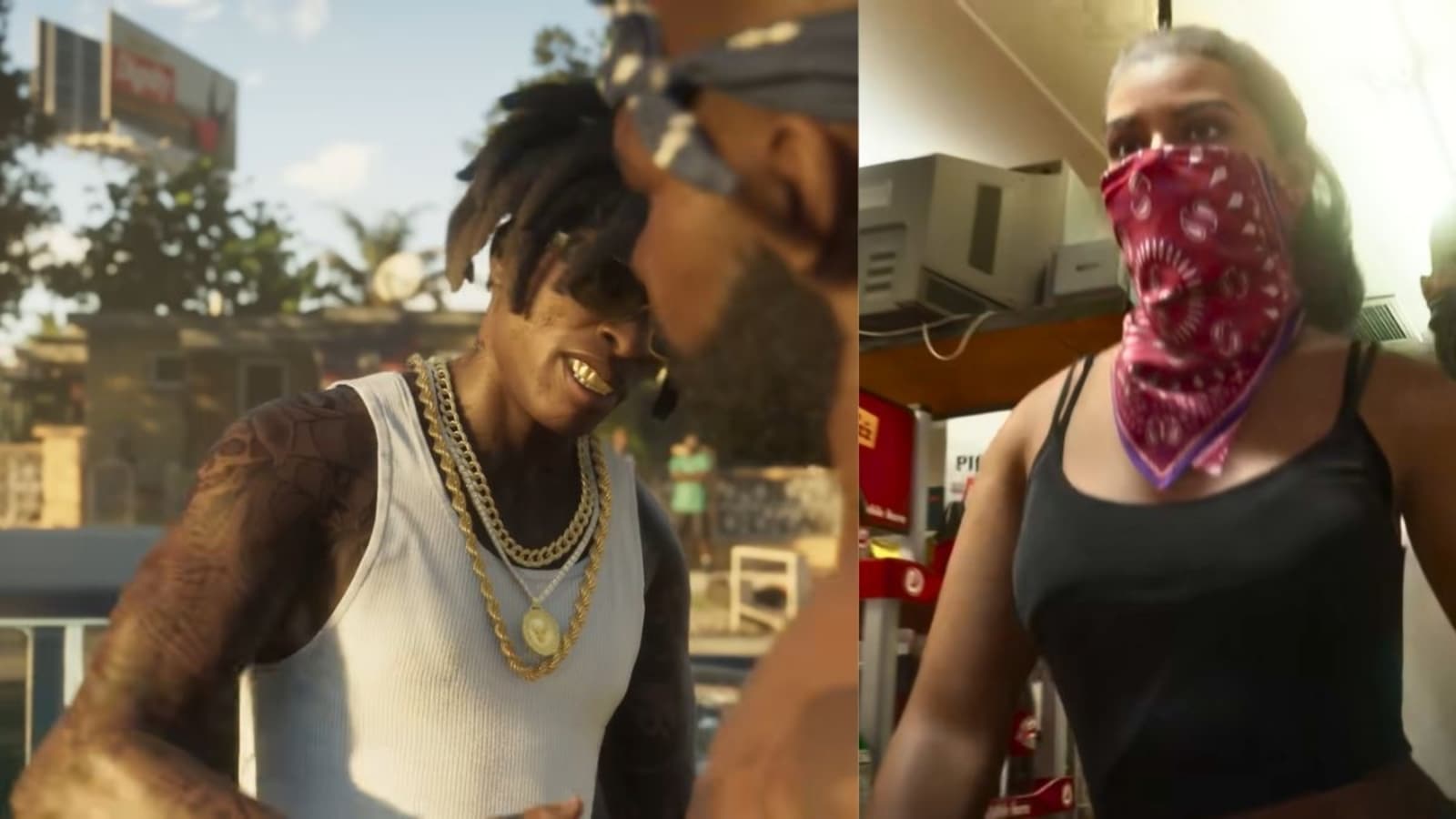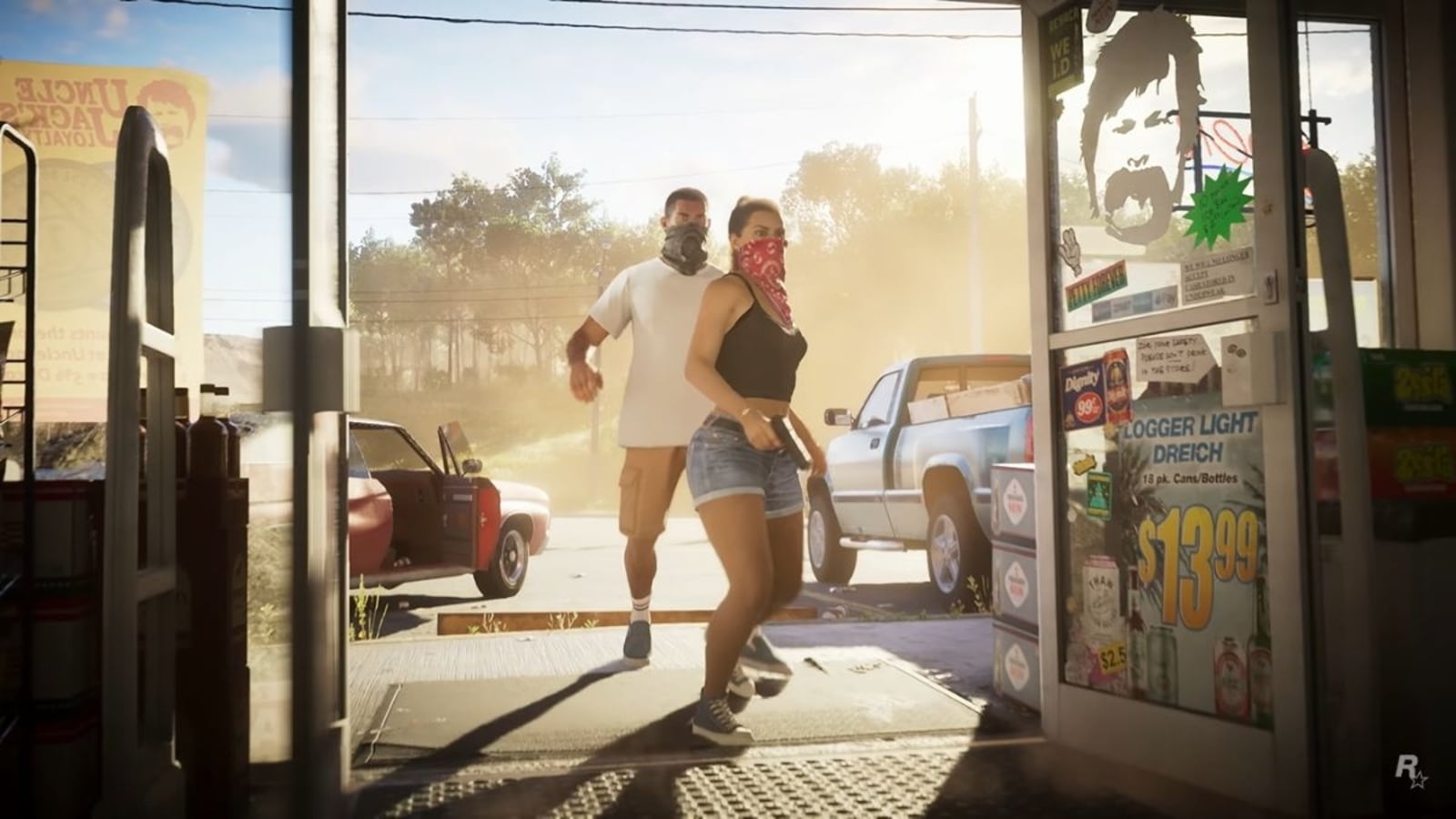CHICAGO — Chicagoans were heading to the polls on Tuesday morning to vote in highly contested mayoral and City Council races that have largely focused on crime, policing and the performance of Mayor Lori Lightfoot, who is seeking a second term leading the nation’s third-largest city.
Ms. Lightfoot, a former federal prosecutor who ran as a change agent vowing to root out corruption and reform the Chicago Police Department, won 74 percent of the vote in the final balloting when elected four years ago, a favorite of progressives who hailed her historic victory as the city’s first Black, female mayor.
But she has faced widespread dissatisfaction from voters since, and many have thrown their support to other candidates: Eight challengers have lined up against her, and unless one candidate wins more than 50 percent of the vote — a highly unlikely scenario — the top two finishers on Tuesday will advance to a runoff on April 4.
Polls suggest that Ms. Lightfoot, whose rivals have positioned themselves to both her political left and right, is in a tight contest for one of those spots. Voters have said in surveys that issues driving the race include crime, the economy, education and immigration.
Perhaps most threatening to Ms. Lightfoot’s re-election chances is the spike in homicides and shootings in 2020 and 2021, and civil unrest and looting that scarred retailers, including those on the famed Magnificent Mile. In 2021, robberies, thefts and burglaries increased from the year before, leaving many Chicagoans unsettled about the direction of the city.
Monica Jain, a property manager who lives in the Gold Coast neighborhood near downtown Chicago, left a polling place on Monday and said that she had heard Ms. Lightfoot talk about how some crime rates had now decreased. But, Ms. Jain said, “I’m worried about the South and West Sides,” where gun violence is most acute.
Among the front-runners in the race is Paul Vallas, a Democrat with more conservative views on crime and education, who has portrayed Chicago as being in a state of disarray. Running with an endorsement from the local Fraternal Order of Police, he has called for expanding the police force, improving arrest rates for serious crimes and expanding charter schools.
But in making her final pitch to voters this weekend, Ms. Lightfoot pointed to investments in long-neglected neighborhoods and made the case that the city had emerged from the coronavirus pandemic in a strong position.
“If you care about making sure that we continue to right historic wrongs and invest in areas of our city that have been without for far too long, that’s on the ballot,” Ms. Lightfoot told a crowd at a union hall on Saturday.
Voters appeared unsure of whether they were willing to give her another chance. Chicago mayors have wide-ranging powers, even compared with mayors in New York City and Los Angeles: They oversee the sprawling public-transit system, Police and Fire Departments, schools, parks and other agencies. And when crime spikes or potholes go unfilled, Chicagoans tend to blame their mayor.
Ms. Lightfoot, 60, has faced a cascade of crises since taking office. In 2019, she clashed with the powerful teachers’ union, leading to an 11-day strike, the longest in decades. Then, in 2020, the pandemic hit, sending unemployment soaring and leaving skyscrapers in the Loop mostly empty of workers and Chicago businesses struggling to survive.
The economy has since rebounded, and downtown Chicago is attracting tourists and conventions again. But Ms. Lightfoot appears to have made far more enemies than friends as mayor, struggles to find support on the City Council and has gained a reputation as a pugilistic and mercurial leader.
Mr. Vallas, 69, has taken a lead in the polls, but has also been dogged by ideological inconsistencies. He said in a television interview in 2009 that he considered himself more of a Republican than a Democrat, a strike against Mr. Vallas in the eyes of many voters in overwhelmingly liberal Chicago. Last week, The Chicago Tribune reported that Mr. Vallas’s Twitter account had liked a series of tweets that used insulting and racist language; Mr. Vallas suggested that hackers were to blame.
Ms. Lightfoot is also fighting a challenge from Brandon Johnson, a Democratic county board commissioner who has been endorsed by the Chicago Teachers Union. Mr. Johnson staked out a position to the left of Ms. Lightfoot on policing, at one point suggesting that he agreed with the movement to reduce funding to police departments, though he later backtracked.
Another contender, Representative Jesús G. García, is also competing for votes from progressives: He traces his Chicago political experience back to the campaign to elect the city’s first Black mayor, Harold Washington, in 1983. Mr. García, who was born in Mexico, would be Chicago’s first Hispanic mayor. In 2015, he ran for mayor against the incumbent, Rahm Emanuel, winning enough votes to force a runoff.
Polls suggest that Willie Wilson, a businessman with a base of support from working-class Black voters, is also within striking distance of the runoff.
Mitch Smith contributed reporting.

























